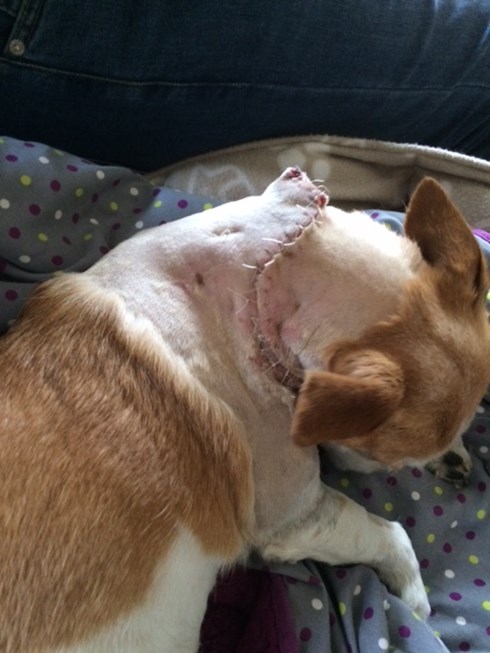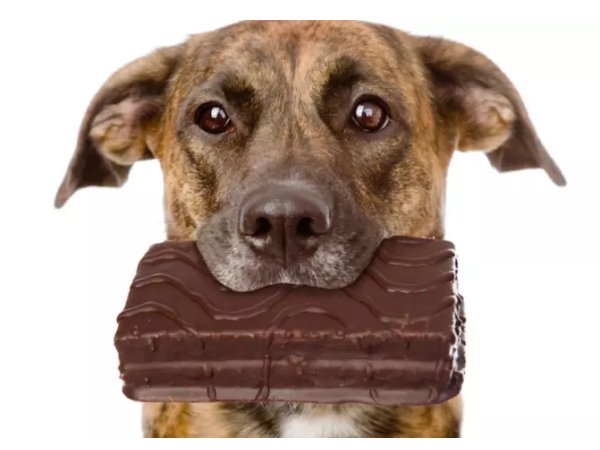Our poem is a reminder to have a pet-safe Christmas!
Twas the night before Christmas.....and
at Arden House, Albert was dreaming of a new catnip mouse; when in walked the
vet with some patients to see, first a kitten had fallen out of a Christmas
tree. Mimi had tried to climb to the top, the tree toppled over and down she
dropped! Felix had swallowed red tinsel strands, he was now being sick; an
operation was planned.
With everything well and the animals
fed, and Albert still asleep in his nice comfy bed. Loudly the phone started
to ring...’It’s my dog’ said the owner, ‘she’s raided the bin!’ Penny the
Labrador’s groans could be heard; She’d eaten the bones from the cooked
Christmas bird. ‘I’ll need to see her’ the vet explained as Penny was in a lot
of pain.
At the hospital Penny was admitted to stay, to receive care throughout Christmas Day. The sound of the phone rang out again. ‘I’m worried about my dog!’ an owner exclaimed. ‘What’s happened?’ asked the vet concerned; she’d eaten a bar of dark chocolate he learned.
‘Please bring her straight in for emergency care’ the vet advised as fully aware, that a compound in chocolate in pets is toxic and likely to be what’s making her sick.
With the patients all treated and settled, the vet went to put on the kettle. When up on the roof, the sound of hooves- the arrival of somebody special! 'I have a gift for Albert the cat' greeted Santa wiping his boots on the mat.'And one of my reindeer has injured his foot, would you be so kind to take a look'?
The vet heard of Dasher's plight, he'd slipped on ice when he landed from flight. An x-ray showed no broken bones, the reindeer was fit to fly to more homes. With tablets prescribed to help Dasher's pain, it was time for Santa to take the reins. 'Merry Christmas to you, Ho Ho Ho' beamed Santa as he prepared to go. With Rudolph's nose providing the light, off whizzed his sleigh into the night!
Here are a few more hazards to look out for over the festive period;
Batteries....
Ingestion of batteries is more common at this time of year. If the battery is chewed and pierced it can cause chemical burns and heavy metal poisoning. If they are swallowed whole it is possible they will cause an obstruction. All batteries are potentially toxic so if you suspect your dog has chewed or swallowed a battery - please call us.




If you think that your pet may have eaten something that it shouldn't then
swift action is necessary. Please do not wait for your pet to suffer.
Follow these four simple steps:
- Step 1 - Prevent your pet from eating any more.
- Step 2 - Phone your vet immediately!
- Step 3 - Stay calm and follow your vet's instructions.
- Step 4 - Collect the relevant wrapping and packaging.
Make a note of our phone number and call us immediately -
01895 633600
Remember;
Christmas time often means a busy home, with friends and family coming together in seasonal spirit. Remember that new faces and more noise can be scary for your pet, so it’s a good idea to provide them with a safe room so they can escape and be put at ease if it all becomes too much. It’s also important to maintain your pet’s normal routines, especially with feeding and exercise, to avoid them becoming too unsettled.
Disclaimer:
The contents of the Arden House Animal Hospital website are for informational purposes only. The content is not intended to be a substitute for professional veterinary advice, diagnosis, or treatment. Always seek the advice of your Veterinary Surgeon with any questions you may have regarding your animal’s medical condition. Never disregard professional medical advice or delay in seeking it because of something you have read on this website.






























